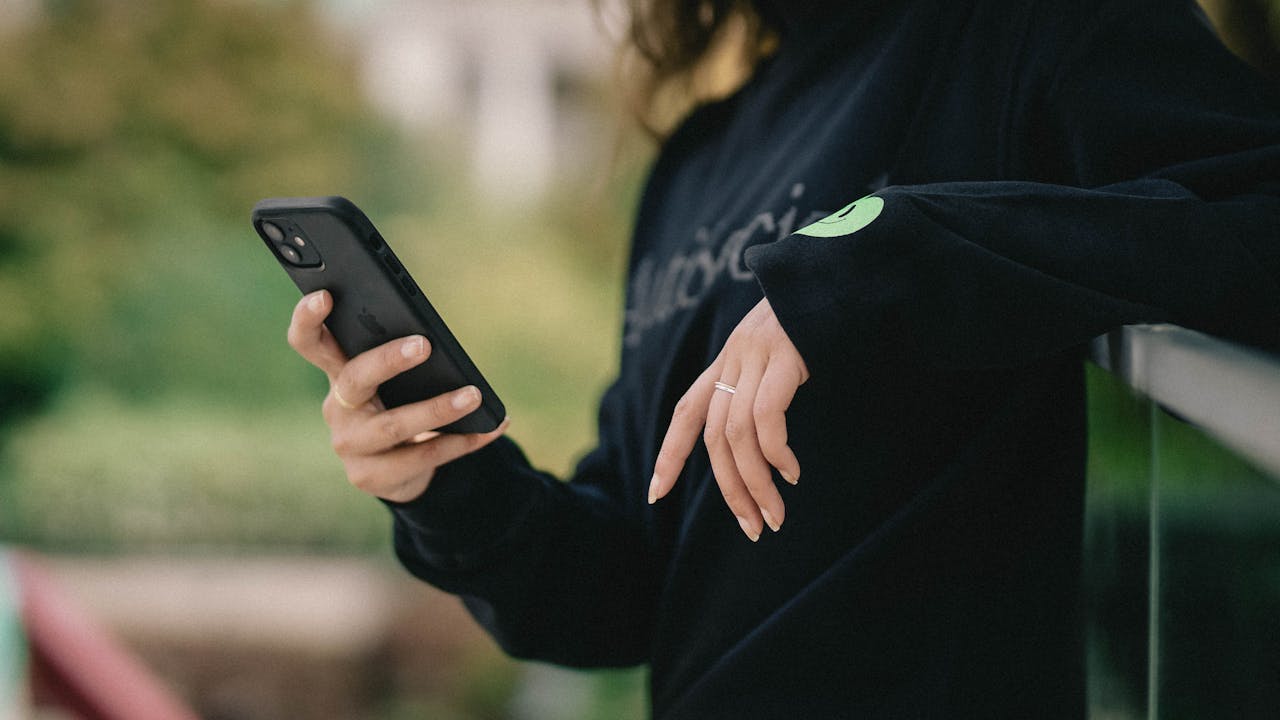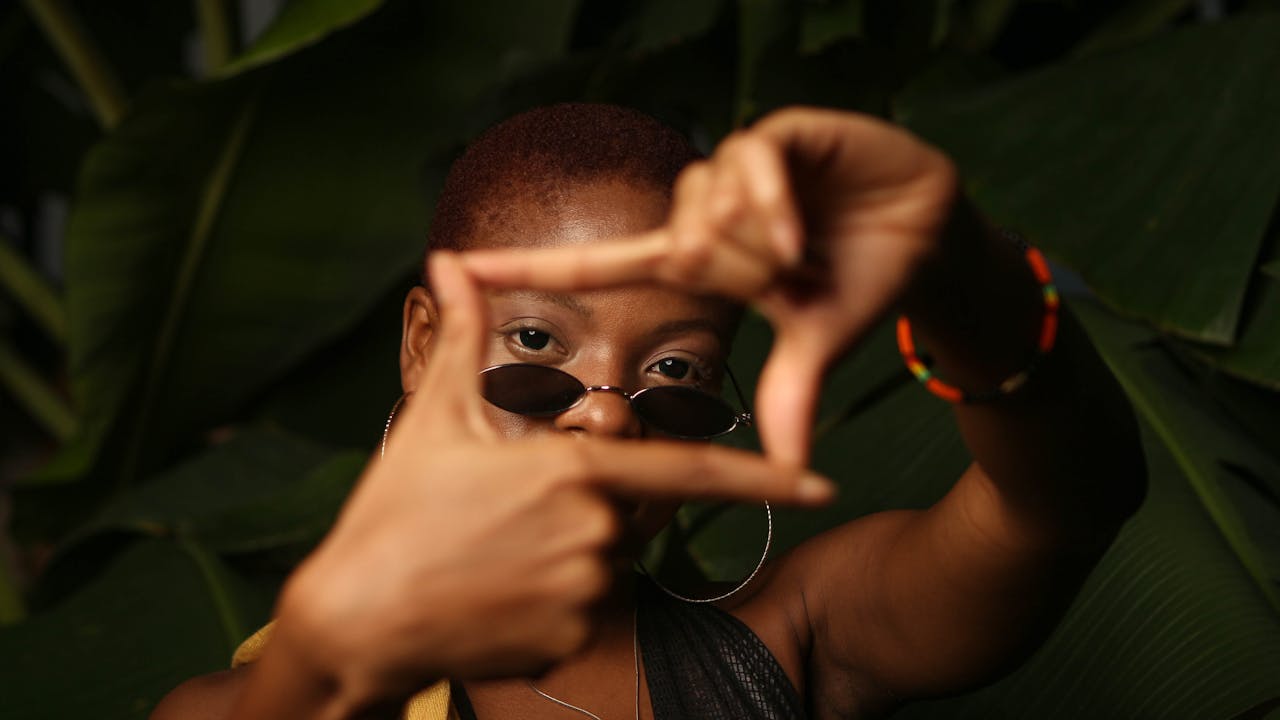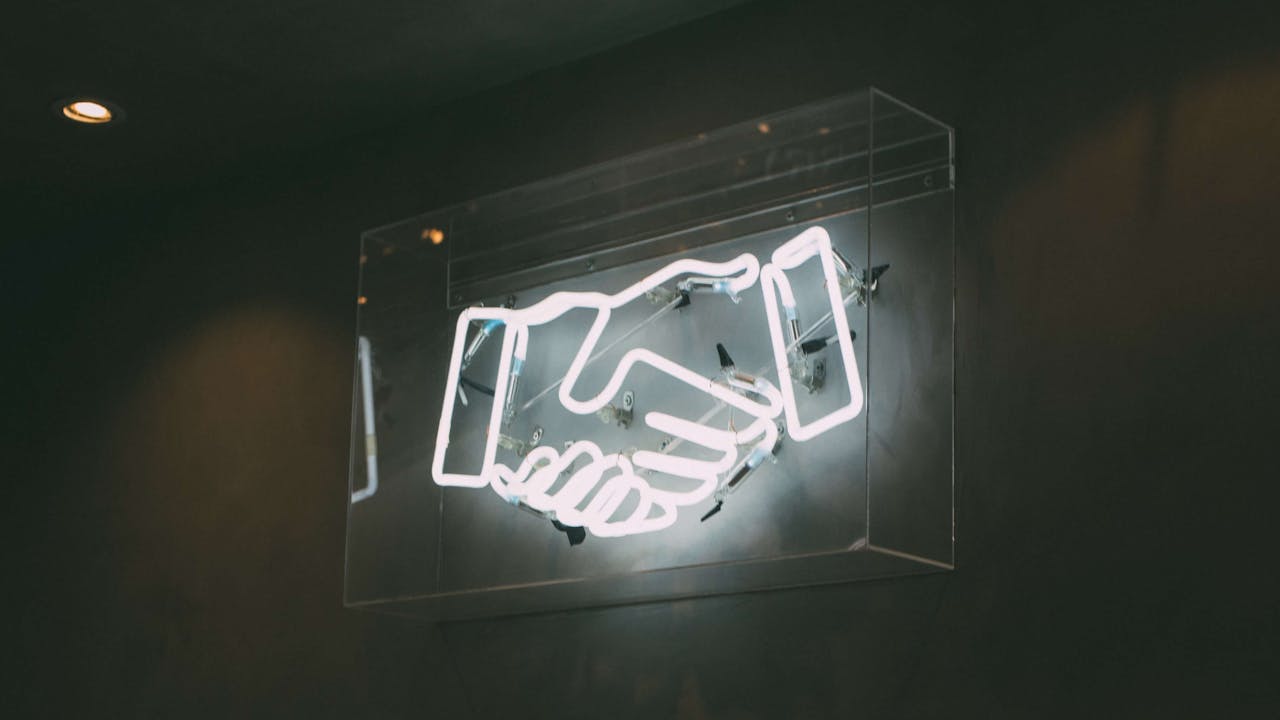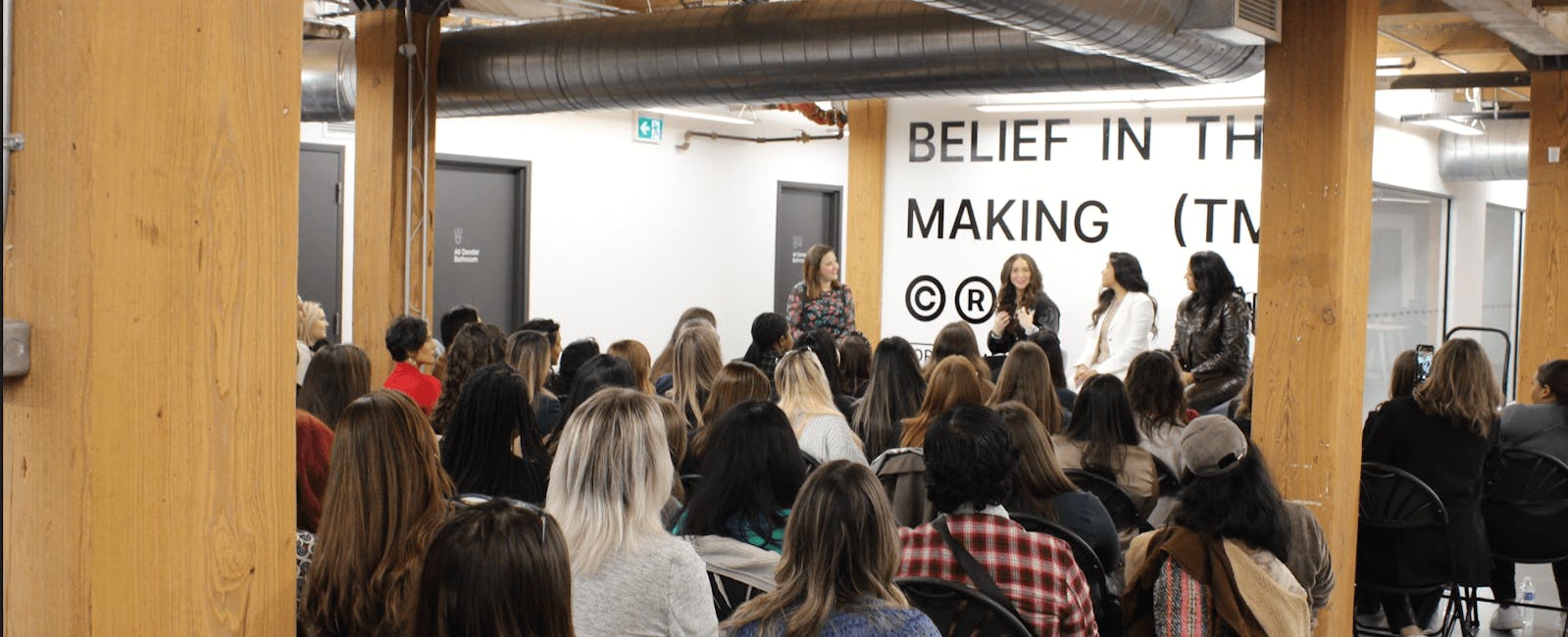
IWD: Showing Up & Making Space for Who You Are
March 9, 2023
Every year, International Women’s Day brings a fair amount of corporate responsibility and surface-level celebration. The yaas queen boss babe rhetoric litters our news feeds for about a week until the conversation disappears entirely. Of course, any day dedicated to celebrating women is great, but we also see it as an opportunity to make active changes that will last long after the final “I’m 100% that boss b*tch” post fades from your feed.
This year we have chosen to focus on prescriptive action for both women in leadership and budding leaders. Our IWD initiative included several events where we can come together, learn from each other, and empower ourselves as leaders in charge of shaping the future of this industry. Our IWD panel event, In Spite Of, will focus on the conflict that women and marginalized folks can experience when attempting to carve out their own path and how the pressures and expectations of society conflicting with your self-identity can evolve into dualism.
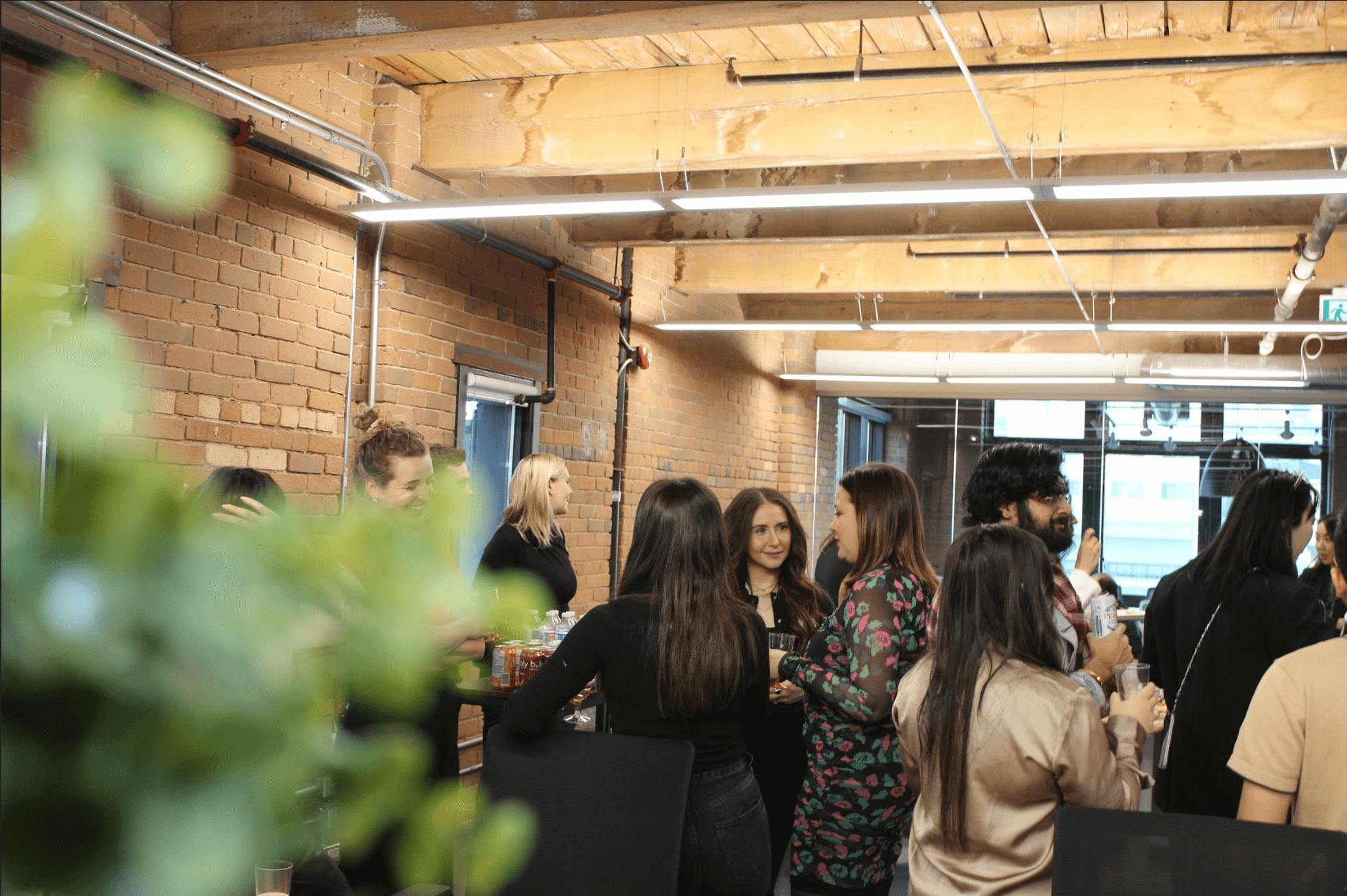
If you’ve experienced marginalization of any form, you may have also experienced a muting of self. A rounding of edges so that you might fit into the box other people are comfortable putting you in. But this conflict can cause a fissure between those characteristics you deem beneficial and those you deem as less so. So where does this conflict come from? And why do we often find ourselves opting for what is palatable versus what is true to ourselves? We spoke to a few members of the team to see how this opposition shows up in their lives and careers.
“I feel like women have double the expectations. We have to work twice as hard at our jobs to be taken seriously,” said Christine Clark, Thinkingbox partner, and managing director. The double standards that women face in the workplace are undeniable. When women are strong, we are seen as stony. When we care, we are seen as too emotional. When we are assertive, we are seen as bossy. Whatever women do, it is either too much or not enough, leading to us being hyper-critical self-editors, sifting through our traits to find the most palatable version of ourselves at any given moment. This constant switching on and off of our different energies and traits can compromise your authentic self, sacrificing qualities that are ultimately core to who you are.
Jessica Luch, AntiSocial’s Creative Director, finds dualism showing up in a tension between traits traditionally deemed as “masculine” over “feminine”. “I naturally started to mute certain elements of myself to try to be able to show up and get taken seriously,” said Jessica. “Society tells you you must be this in order to be feminine, and then you have to be this way to get into leadership. I had traits that lived on both sides”.
If we can recognize certain characteristics are being muted in favour of others, how can we get to a place where we are authentically showing up? “I had to sort out which traits of myself were my own,” said Jessica, noting the role society, friends, family, and people in the workplace can play in this resistance to show up authentically. Eventually, Jessica was able to find a way to resolve that inner conflict. “By embracing both sides of that masculine and feminine energy. I gained a lot of confidence, I was able to show up and say, “this is exactly who I am””.
The level of social pliancy that women, queer people, and people of colour have to go through in order to fit in shows up in multiple ways. Social Strategist, Tamiya Kabatoff, finds their identities at home and work often existing in opposition. “I’m always creating versions of myself that are most digestible and most malleable to a situation. Not too combative. Not too quiet. Not too much,” says Tamiya, who identifies as non-binary and speaks about how their queerness moulds itself to fit into their professional setting. “I feel for some reason that I have to always be proving myself,” they continue.
Tamiya finds their queer identity often at odds with their professional one, and struggles to find a place where they can meet comfortably. “I probably suppress my queerness,” they note. So what can leaders do to empower their team members to feel safe to show up authentically? “Have people trust my viewpoint and trust my experience in life,” says Tamiya. “How I've gone through the world is different and can be beneficial to marketing and can be beneficial to being a strategist. If they were able to advocate and be bold and say, “this is a queer person, this person has a different experience so let's give them a space to be heard,”” they conclude.
Duality and conflict between who you are and who you need to be to succeed often lends itself to self-criticism, self-editing, and a willingness to try to change who you are in order to fit into society’s expectations. “Did I come on too strong? Is that not what the expectation of me was?” Kathy Husar, Associate Director of Media, asks, noting her loudest fear at the beginning of her career was turning against the softness that had been “trained” into her as a young woman. “We were trained to be that softer person,” she continues, explaining that the more assertive sides of her personality, those that were very natural to her, were often the ones she was most unsure of. Now as a mother, she has learned to accept a level of duality in her roles in life and the strengths that are created when she embraces both. “You're allowed to have emotions,” she says. “You are allowed to get pissed off. You also learn from [being a parent] to have compassion for everybody that's around you. And that everyone in your group needs support, no matter what level they're at”.
We understand that duality in all its forms exists ubiquitously in one’s professional and personal lives, especially when grappling with identities formerly seen as living in opposition. So while understanding that duality exists is a step in the right direction, how can we better understand and lead with it in mind? How can we help shape the future of an industry that accepts people for their whole and intersectional selves? As leaders, Kathy notes the importance of facilitating self-advocacy in her team. “You have to build strength within. If the person doesn't believe in themselves, they can't self-advocate. [We have to] build up that self-esteem and that self-reliance,” she concludes. Christine Clark adds it’s paramount we learn to bring up women behind us, asking constantly “how do I make it better for everybody else?”.
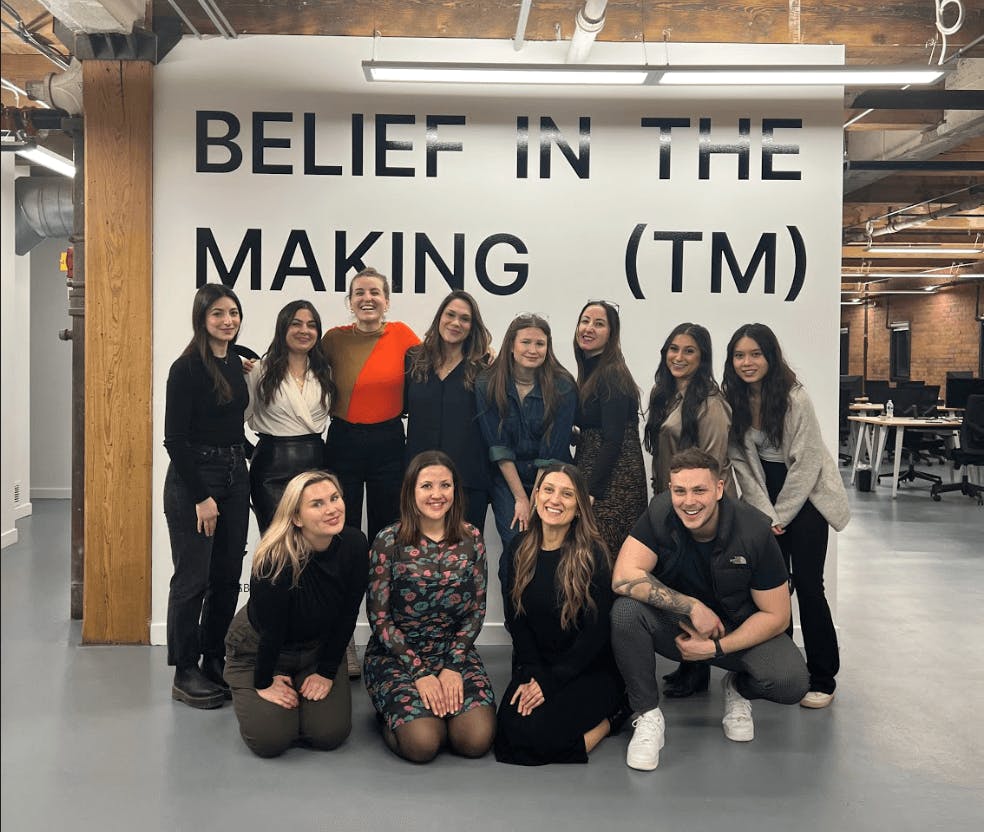
What we are doing is cutting-edge. Learning to embrace all sides of ourselves in a world that may have different expectations, can feel daunting. But everything that has been learnt, can also be unlearnt. Our event series looks at dissecting and exploring the limitations that are put on people in the workplace, and how best to advocate for change and achieve great success in spite of the societal biases that still exist. We start with an honest conversation, enabling action to emerge, and accepting our role in shaping what this looks like for future generations.
